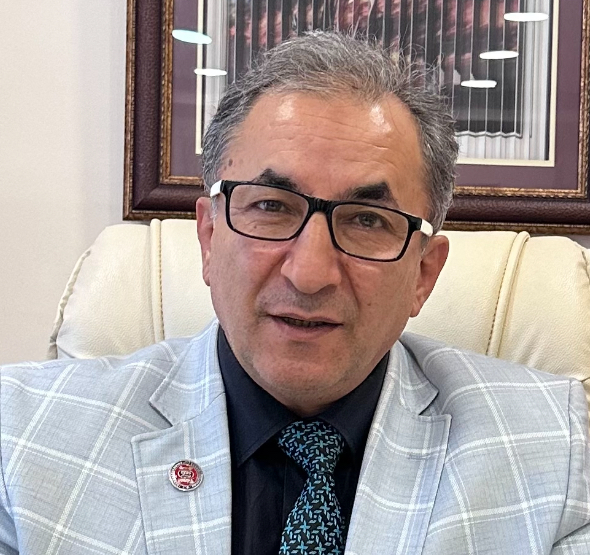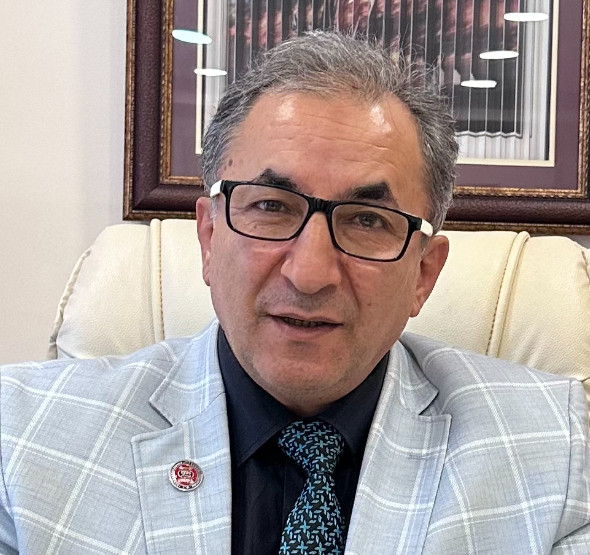In the November elections, it was widely expected that Donald Trump, who ran for President under the Republican banner, secured a clear victory over his opponent Nikki Haley in the intra-party race by a margin of 20 points in his home state. Haley, who served two terms as Governor of South Carolina, received nearly 40% of the vote in her state, while Trump garnered 60%. Haley had previously won 43% of the vote in the New Hampshire primaries. Her relatively lower performance in her own state marks a significant loss of prestige for Haley.

Trump has now triumphed over his opponents by double-digit margins in all four states where primaries have been held, including South Carolina. Several figures, including Mike Pence, who served as Vice President during Trump's presidency, and Ron DeSantis, the current Governor of Florida, had withdrawn from the race. Nikki Haley remained the last card in the hands of anti-Trump Republicans. However, Haley's decisive defeat at home seems to have extinguished all hopes for Centrist Republicans.
According to the rules of the primaries in the United States, candidates who lose to their intra-party rivals in their own states withdraw from the Presidential race. Haley did not do so and declared that she would fight to the end. Haley's decision to "continue the fight" means that Trump's campaign will continue to spend money on primaries. Trump's campaign team, however, wants Haley to withdraw immediately so that the funds can be entirely used against Biden. If Haley withdraws, the Republican Party's financial resources will be allocated to Trump.
Charles Koch, a billionaire businessman and one of the Republican Party's most important donors, had thrown his financial support behind Nikki Haley's campaign in the primaries. The "Americans for Prosperity Action Fund," funded by the Koch family, had poured millions of dollars into Haley's campaign. Following Trump's victory in the South Carolina primaries, the Koch-backed group suspended the funds it had provided to Haley's campaign. The "Koch Network" decided to redirect its financial resources to Congressional and Senate elections, resisting support for Trump.
The "Koch Network" had spent $500 million on Republican candidates in the 2020 elections. The "Koch Family" holds views contrary to those of Trump, particularly on issues such as migration and immigration. Therefore, the "Koch Network" worked to prevent Trump from becoming the Republican Presidential candidate in 2024. In a statement on "Truth Social," Trump described Charles Koch, whom he referred to as a "Globalist," and the "Koch Network," as foolishly squandering the money of many Republicans.
Senators play a vital role in blocking or supporting certain bills. Even one or two Senators acting outside party lines can change the direction of votes. This is why many billionaire businessmen consider focusing on Senate candidates in states to be less costly. For large corporations, businessmen, or lobbyists, having influence over one or more Senators in the Senate is therefore very important. The title chosen by the American writer Greg Palast for one of his books, "The Best Democracy Money Can Buy," is not without reason. It is also worth noting that young Democrats have fought hard to restrict donations to candidates.
March 5th, also known as "Super Tuesday," will see "primaries" or "intra-party elections" in 15 states. "Super Tuesday" is a crucial turning point for both Trump and Biden. Those who emerge successful from "Super Tuesday" almost certainly secure their Presidential nominations. "Super Tuesday" is also Nikki Haley's last chance. If she loses to Trump in these states, it is expected that Haley will withdraw as well.
It appears that Biden will be the Democratic candidate for President, while Trump will be the Republican candidate. In November 2024, two elderly politicians, one aged 82 and the other 78, will compete. This race is not just between two elderly men. In November 2024, two different visions for the future of an aging America will confront each other in this election.
The fact that neither party can produce better candidates than "Biden" and "Trump" is undoubtedly a handicap for American politics. On the other hand, the attention of America's rivals and allies is fully focused on the November elections. It is a separate matter whether America's entrenched political elites believe that the United States will remain the same as the world around it changes.




